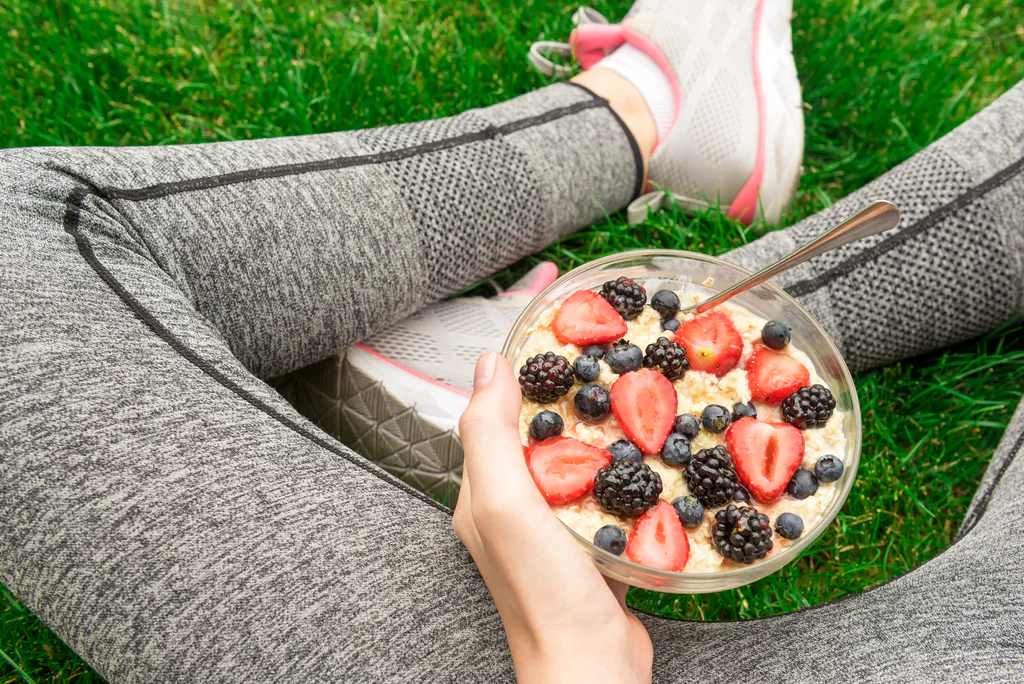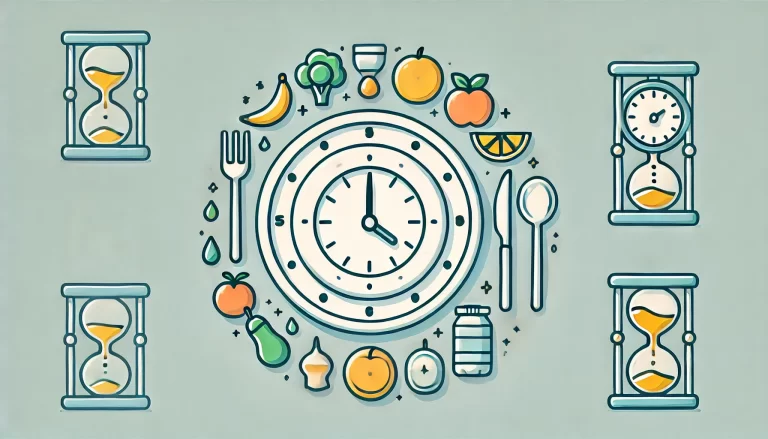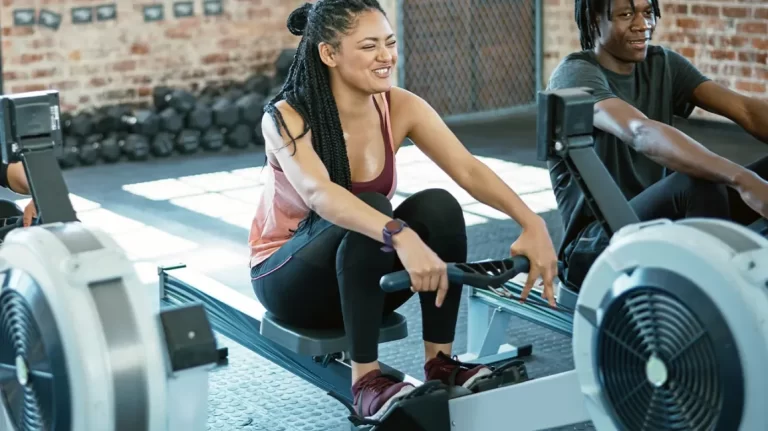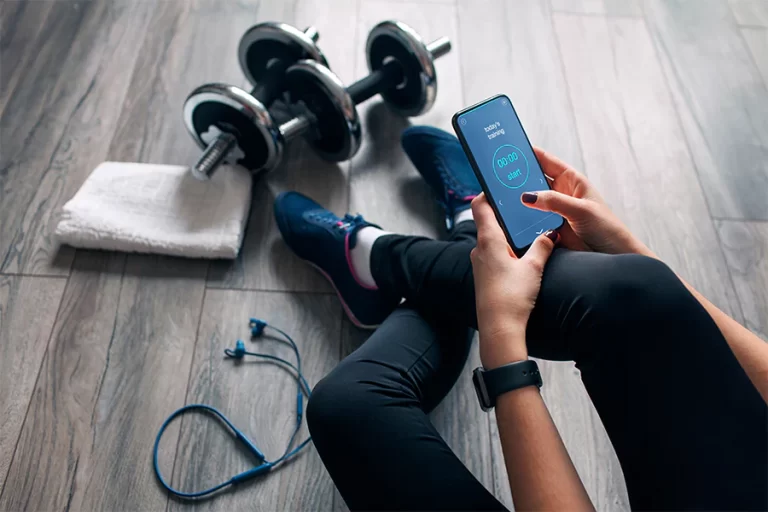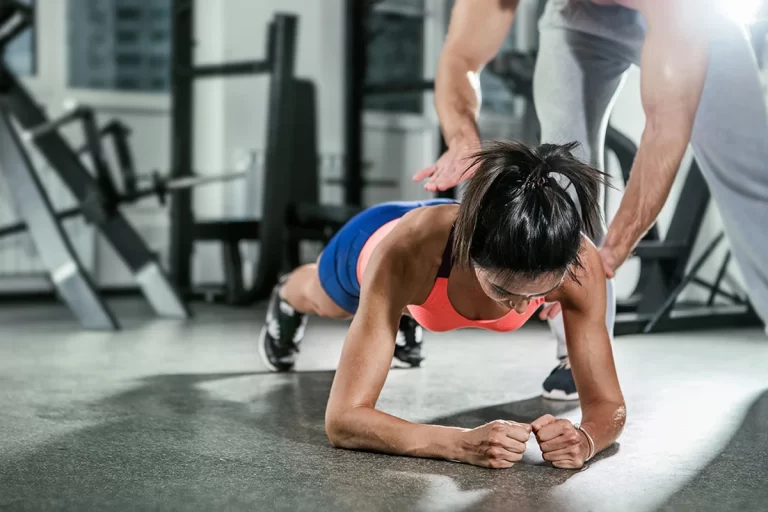What to Eat Before and After a Workout for Maximum Performance?
Proper nutrition can make or break a workout. The food you eat before hitting the gym can fuel your performance, while what you consume afterward helps repair and rebuild your muscles. Whether you’re looking to boost energy, maximize gains, or simply speed up recovery, understanding when and what to eat can take your fitness to the next level. In this guide, we’ll walk you through everything you need to know about pre- and post-workout nutrition.
Why Nutrition Matters in Your Fitness Routine
Nutrition isn’t just a sidekick to your fitness efforts—it’s the hero that powers your performance. Eating the right foods at the right time ensures your muscles perform at their peak and recover faster. Without this foundation, even the most intense workouts may not yield the results you want. Think of your body as a high-performance machine—nutrition is the premium fuel it needs to run smoothly.
What to Eat Before a Workout
The Role of Carbohydrates and Proteins
Before a workout, your body craves a combination of carbohydrates and protein. Carbohydrates provide the energy your muscles need to tackle exercises, while protein primes them for growth and recovery. Together, they create a dynamic duo that powers up your workout and prevents muscle breakdown.
Carbs replenish glycogen levels (your muscles’ primary energy source), making them crucial for stamina. Meanwhile, protein strengthens your muscles and prepares them for the stress of exercise.
Ideal Pre-Workout Foods
The perfect pre-workout meal depends on the type and intensity of exercise. Here’s a quick breakdown of foods to consider before different workouts:
- For Weightlifting or Strength Training
Go for oatmeal topped with a banana or a slice of whole-grain bread with peanut butter. Full of carbs and a moderate amount of protein, these meals help your muscles push through heavy reps.
- For Cardio Sessions like Running or Cycling
A piece of fruit like an apple combined with low-fat yogurt provides quick-digesting energy for sustained endurance.
- For Low-Intensity Workouts, Like Yoga or Pilates
Try a handful of mixed nuts or a smoothie with almond milk to keep your energy stable.
No matter the activity, aim for your pre-workout meal to be rich in carbs and include a small amount of protein.
Don’t Forget Hydration
Before a workout, hydration is non-negotiable. Drinking water ensures your body can cool down effectively and perform activities at its peak. Try to drink at least 16–20 oz of water about two hours before exercising, then sip again 20–30 minutes before you start.
What to Eat After a Workout
Why Post-Workout Nutrition Matters
Once your workout ends, your body enters recovery mode. Your muscles have worked hard—they’ve broken down and now need nourishment to rebuild stronger. This is where post-workout nutrition steps in.
The goal here is twofold:
- Replenish glycogen stores quickly with carbs.
- Repair and build muscle tissue with protein.
Food Choices That Boost Recovery
Your post-workout meal doesn’t have to be complicated, but it does need to contain the right nutrients. The following meals and snacks will provide everything your body needs to maximize recovery:
- Recovery Smoothie
Blend together some Greek yogurt, frozen berries, and a splash of milk or plant-based milk for a meal packed with protein and antioxidants to combat inflammation.
- Grilled Chicken and Quinoa
This combo is packed with lean protein and complex carbs, perfect to help muscles recover and replenish energy stores.
- Eggs and Sweet Potato Toast
Quick to prepare and easy to customize with seasoning, this option is rich in protein and carbs. Perfect for a light yet impactful post-workout snack.
Remember to avoid meals rich in saturated fat or overly processed foods immediately post-workout. They can slow digestion and decrease the efficiency of nutrient absorption.
Timing is Everything
Your timing for both pre- and post-workout nutrition plays a significant role in its effectiveness. Eating your pre-workout snack or meal 1–3 hours before hitting the gym is ideal to avoid feeling sluggish or uncomfortable.
For post-workout meals, the window of opportunity is smaller. Aim to refuel within 45 minutes of finishing your session. Many experts suggest the “golden hour” as the best time frame for maximum recovery.
Additional Tips for Smarter Workout Nutrition
- Listen to Your Body – Whether it’s eating a bigger meal to support intense training or snacking lightly before yoga, always pay attention to how different foods make you feel during exercise.
- Plan Ahead – To avoid grabbing unhealthy options, prepare meals and snacks before your workout. Keep items like trail mix or fruit on hand for convenience.
- Experiment – Every body is unique. Experiment with various foods to find what works best for your fitness goals. For example, some people digest oatmeal better than bananas before a run and vice versa.
- Electrolytes Count Too – If you’re sweating heavily or working out in the heat, replenish electrolytes with drinks that include sodium or potassium.
Fuel Your Fitness Goals
By focusing on smart nutrition before and after a workout, you’ll unlock next-level performance and see better long-term results. Remember, your diet is just as important as the reps you put in at the gym. Combining thoughtful eating with consistent exercise can transform your fitness routine into a healthy, sustainable lifestyle.
For those striving to achieve their best, nutrition isn’t a challenge—it’s the ultimate tool. Now go fuel up and crush your goals!

